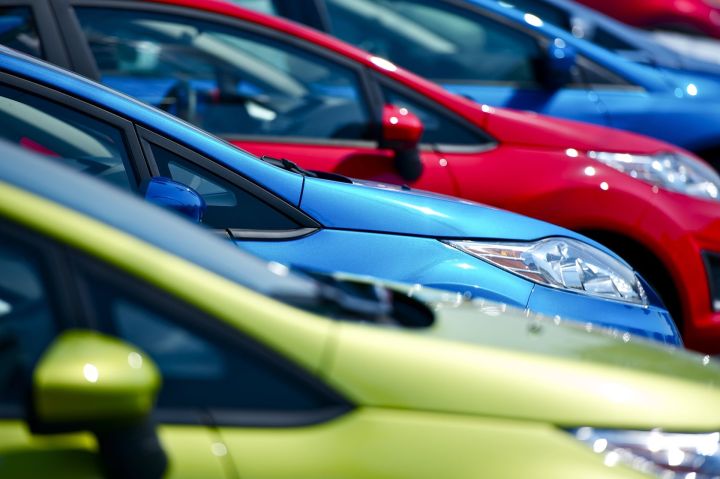
Harris conducted the survey of 2,135 U.S. adults 18 and older in April 2016, on behalf of the Beepi used car online peer-to-peer marketplace. The purpose of the survey was to find out how Americans feel about car ownership experiences, including traditional and newer buying alternatives. The survey also checked attitudes about autonomous vehicles.
According to the survey, 52 percent of car shoppers feel anxious or uncomfortable at dealerships. Millennials lead the pack in their dislike, with 56 percent saying they’d rather clean their homes than negotiate with a car dealer. Gen X-ers aren’t fans either, and faced with alternatives 24 percent say they’d rather have a root canal than get into car negotiation. Among millennial women, 62 percent feel pressured to buy right away and 49 percent said they felt tricked into buying features they didn’t need.
Of parents with children under 18, 80 percent “would rather do anything else unpleasant than negotiate with a dealership salesperson.” It doesn’t look much better with parents without younger children — 71 percent of those people would choose the “anything else” option over negotiating.
Beepi’s business model is based on facilitating the purchase of used cars, without test drives, directly from the car owners. Beepi serves as a marketplace that inspects, delivers, and backs the cars with a 10-day money-back guarantee. When the survey asked about newer car buying alternatives, 54 percent said they would “love” being able to sell or buy a car from home and 42 percent were fine buying a car without a test drive, as long as there was some form of guarantee.
Looking at future issues of automotive use and ownership, the survey, taken before a recent Tesla Autopilot fatality, found that 46 percent said they wouldn’t feel safe owning a self-driving car. When asked about driving alongside a self-driving car, 47 percent of American senior males (age 65 or older) said they’d be fearful, while only 38 percent of senior women said they’d be scared. Millennials in the survey saw a more positive impact from self-driving cars — one third said driving would be less stressful and one quarter thought they’d be more productive in the car.
The survey, as a result, supports Beepi’s intentionally disruptive used car sales model. “The stereotypical used car dealer is a caricature Americans have had to deal with for far too long,” explained Beepi senior automotive editor Alex Lloyd. “People don’t want to waste their weekends and be upsold when there is an easier, more transparent way to do things. This study helps us better understand what people want, so we can continue to improve the experience of buying, selling and leasing cars.”
Editors' Recommendations
- How much does an electric car battery cost?
- How to fix a flat tire on your car
- When is the best time to buy a car?
- Most people want to keep their cars away from full self-driving, study says
- Why cars last longer than ever: The tech that keeps your car running



